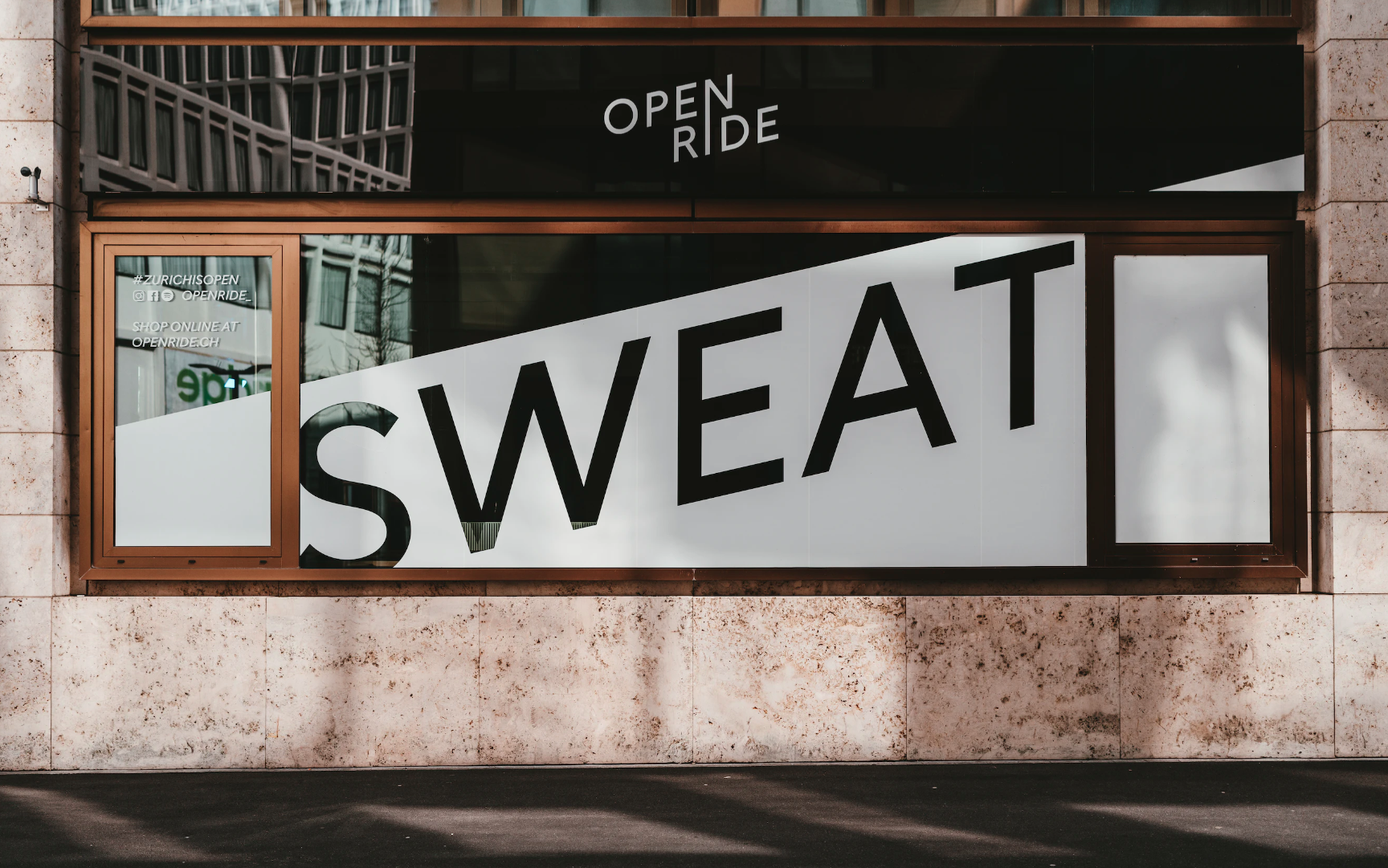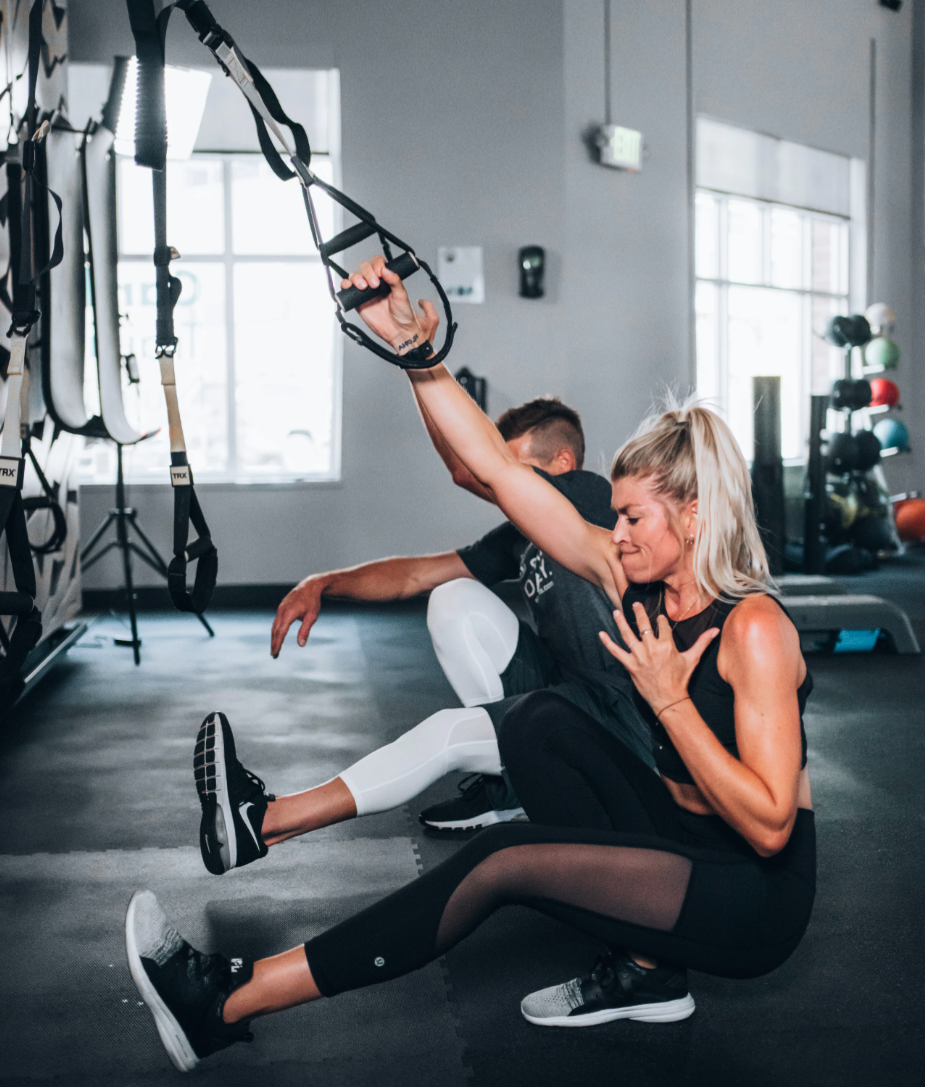Physical Address
304 North Cardinal St.
Dorchester Center, MA 02124
Physical Address
304 North Cardinal St.
Dorchester Center, MA 02124
Years ago, when I was practicing martial arts, a man trained at the gym while clad in a huge insulated jacket. Outside, it was 25 degrees. He was trying to get in shape for a fight that would be three months away. He was drenched with pig sweat (speaking about the iron ore smelting,[1] of course). During the workout, you noticed this guy’s sweat dripping down your face. He truly believed that losing perspiration equated to decreasing fat.
Does sweating cause fat loss? If I had known what I know now, I could have informed him that it doesn’t work this way, but I wish I had known it then.
To lower body temperature, we perspire. Our body strives to maintain a body temperature of 37°C throughout the day with very minor variations. Your body’s enzyme activities function best at this temperature.
Your body begins to sweat once it reaches these comfy 37°C. Along with sodium, sugar, and minuscule amounts of waste particles, you begin to lose water. Your body contains between 2 and 4 million sweat glands, which help you stay cool.
Your genetics play a significant role in how much you perspire. Your sweating rate is influenced by the temperature and humidity level as well as your gender, age, and level of fitness.

In hot and humid weather, you sweat more, but that doesn’t imply you’re burning more fat or calories. Simply said, it means that in order to lower body temperature, perspiration must be released by the body. Because they have more body mass to cool down, people who have more body fat typically sweat a lot more.
To give your body energy, fat is released from fat cells. The fat is divided up into fatty acids and glycerol by your body, which are subsequently metabolized.
It’s challenging to digest fat, but it is feasible. To learn how I reduced my body fat, read this post, or get in touch if you’re searching for a coach. Your body draws more energy from your fat cells the more energy you require. The biological process that makes you burn fat for energy is separate from the process that makes you perspire.
Exercise in a hot or muggy atmosphere on purpose does not imply that you are exerting more effort to burn more fat. Simply put, you’re increasing your body’s temperature to a level that causes you to perspire more.
When I was younger, I likewise believed that sweating speeds up the pace at which body fat is burned. Is it correct that if you perspire more, it just shows that you’re working harder?
However, we must understand that relaxing on a beach in a heat wave doesn’t demand much energy or significantly burn through fat. Your body needs serious thermoregulation, which is why you sweat.
On the other hand, even though your body doesn’t produce as much perspiration to keep you cool when you work hard in below-freezing conditions, like when jogging in the winter, you still burn fat.
After a sweat-soaked workout, you might see that the scale has decreased. Although you have lost a substantial amount of fluid, you haven’t lost a couple pounds of fat. This is also the reason why a martial artist could benefit from practicing with a jacket if they need to drop weight quickly (to fit into the proper weight class), but not months before the competition.
However, if you’re a regular person trying to lose weight and become active, you should replace it with water or a sports drink to prevent dehydration.

You might not sweat at all if you are dehydrated before an exercise. Your body gets hotter but is unable to cool down again effectively. As a result, performance is compromised. This is another reason why hydration is important for achieving your performance objectives.
Before starting an exercise, drink around half a liter, and at least 0.3 liters every 20 minutes while working out. You can then rehydrate with 0.5 litres (this might also help in muscle buildup).
Pro tip: Weigh yourself before and after the workout, then contrast the results. Drink fluids as soon as you see a weight loss on the scale. For every kilogram you lose, you should drink no less than 0.5 liters.
Probably you’ve heard the saying, “Sweat is fat sobbing.” Even if I’m aware that it’s merely a cliche used to keep people inspired, you now understand that it’s untrue.
More perspiration does not equate to greater fat loss. Your body just needs to regulate its temperature, which is why you sweat.
The more intense your workout, the sweatier you become as your body temperature rises to the point where more sweating is necessary to bring it back down.
For more information you can click:
Important Benefits of Stretching Before, After, and During a Workout